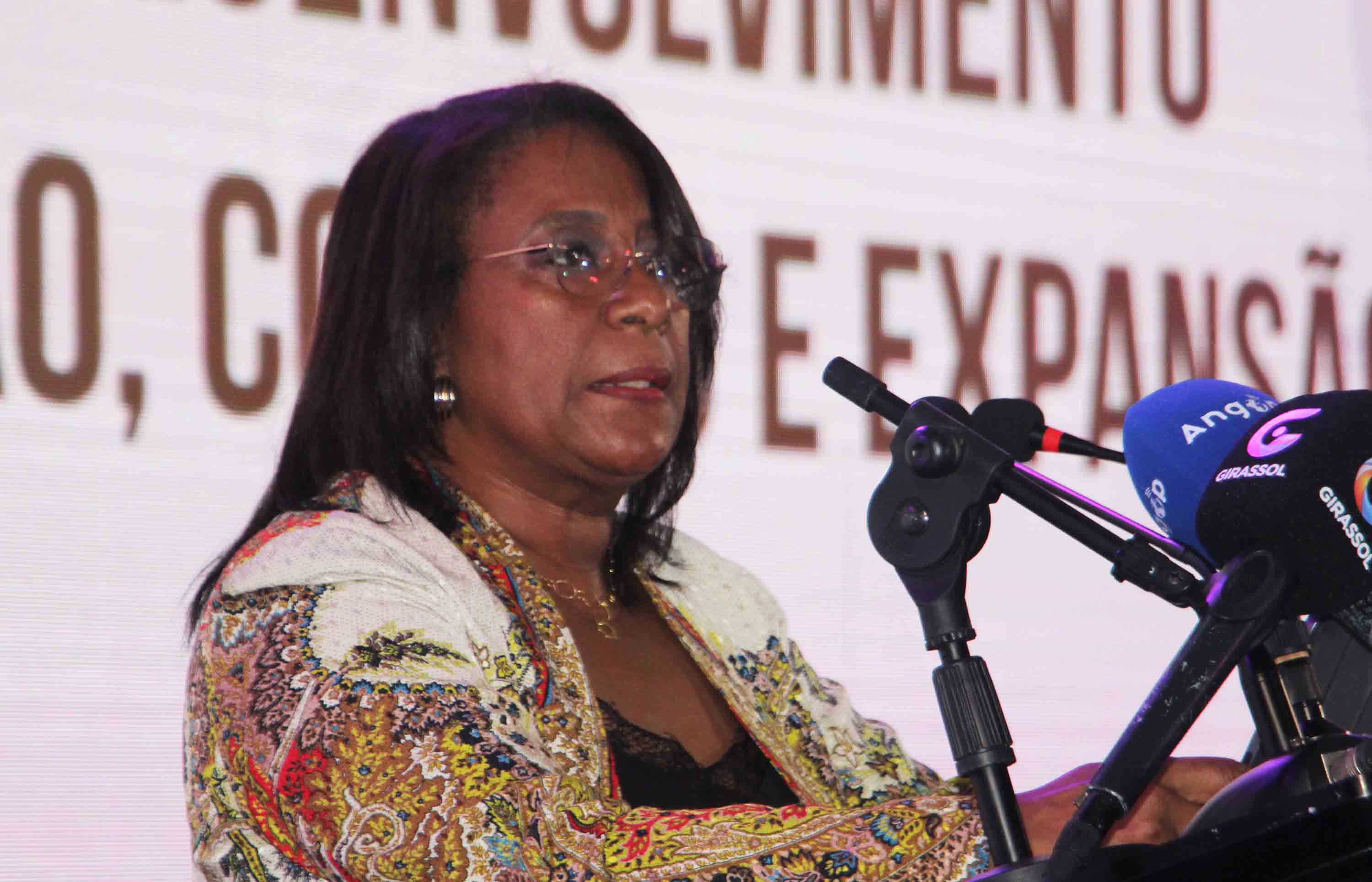Luanda - The Secretary of State for Human Rights and Citizenship, Ana Celeste Januário, reaffirmed Tuesday Angola’s commitment to continue to adhere and ratify human rights conventions and reinforce dialogue with United Nations mechanisms.
Speaking at the opening of the Forum of Local Human Rights Committees, Ana Januario spoke of the need to adopt an education policy for a culture of human rights and strengthen partnership with civil society organizations and the work of human rights committees.
The official praised the work conducted by Local Human Rights Committees since they were set up as local coordinators for the implementation and execution of Angola's National Human Rights Strategy.
"We recognize the efforts of the coordinators of the committees, because with your work we have been able, among other things, to carry out work to promote and protect human rights in all the country's provinces, to promote actions to combat trafficking in human beings and to gather information for the state reports in response to the allegations and cases of human rights violations that Angola is accused," Januario said.
The Angolan official added that human rights committees have been set up at provincial and municipal level, while conditions are currently being created to establish district and communal committees.
However, Ana Januario said she recognizes that there are still many challenges in terms of promotion and protection of human rights in Angola, such as budgeting for the committees to enable them to operate properly, creation of committees in districts and communes and the reinforcement of actions to divulge and follow up complaints.
Denise Antonio, representative of the United Nations Development Program (UNDP) in Angola, on her turn, defended the need to strengthen actions around the defense of citizens' rights, underlining that the Universal Declaration of Human Rights, which is to turn 75 years old , generally reflects a deep understanding on the part of states with regard to equality and justice for citizens.
The Universal Declaration of Human Rights (UDHR) was proclaimed and adopted by the United Nations General Assembly in Paris on December 10, 1948.
The document, with 30 articles, establishes equality and dignity for every human being regardless of race, color, religion, sex, language, political opinion, national or social origin, wealth, birth or any other condition.
The declaration also stipulates that all rulers have the obligation to ensure that all people exercise their rights and freedoms by ensuring the protection of human rights. DC/VC/AMP






